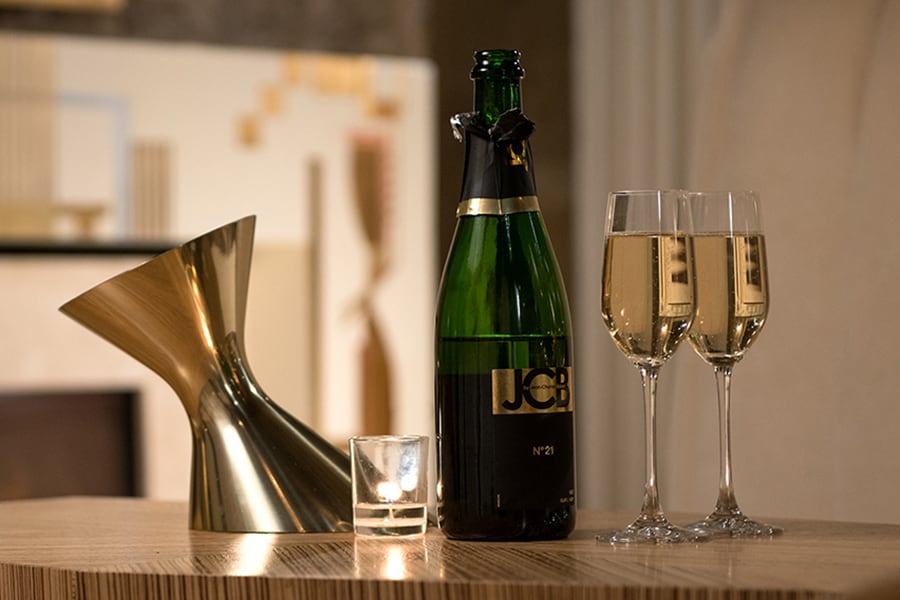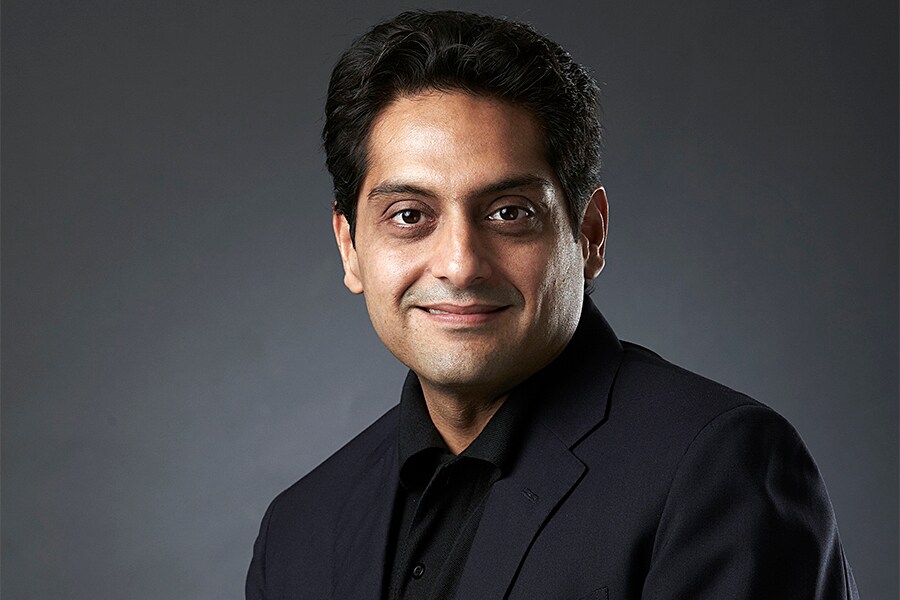India is a baby when it comes to wine consumption: Jean-Charles Boisset
Fratelli, in partnership with the French vintner, aims to expand its international portfolio and boost the wine culture in India



Within a decade of its launch, Fratelli, India’s homegrown wine brand, has scripted a success story in the Indian wine market. “We are the second most distributed wine brand in India with a presence in 16 states and have invested close to $10 million to date,” Kapil Sekhri, MD, Fratelli, tells Forbes India. The company was started by Sekhri along with Andrea and Alesio Secci from Italy Gaurav Sekhri from Delhi Ranjit and Arjunsinh Mohite Patil from Akluj and Piero Masi, in 2007.
Growing at 50 percent year-on-year, the company clocked Rs 45 crore in revenue in FY16, and is eyeing Rs 70 crore this year, owning to its partnership with JCB, owned by Jean-Charles Boisset. The partnership, established 18 months ago, allows Fratelli to sell some of Boisset’s best labels in India. During a recent visit to Mumbai, Jean-Charles Boisset, French vintner and proprietor of the Boisset Collection, and Sekhri spoke to Forbes India about their association, thoughts on the Indian wine market, performance of international brands in India and more. Edited excerpts:  Jean-Charles Boisset, French vintner and proprietor of the Boisset Collection
Jean-Charles Boisset, French vintner and proprietor of the Boisset Collection
Q. How different is the wine culture in India compared to the rest of the world?
Jean-Charles: I believe India has not even been born in wine making. It is a baby when it comes to wine consumption. But that is the beauty of it, as it will only go up. The country is very diverse and cultural and has a good soil profile that allows wonderful grapes to grow. They (Indians) love well-textured, low-finesse wine which has enough body and also sparkling wine. I am bullish about the market.
Kapil: India is still a big red wine drinking country which is very surprising considering our climate. 65 percent prefer red wine while 35 percent prefer white. Also, wine is a lot more cultural than other alcoholic beverages, and our aim is to unwind the wine and make it fun.
Q. How and why did Fratelli partner with JCB?
Kapil: We were introduced to Jean-Charles through a mutual friend and we started importing about 18 months back. Now we are adding more wines to the collection because it is our job to bring wine culture into India.
Jean-Charles: What is important is to have people who are great and have a fantastic vision and understanding of friendship. That is what wine is all about. Number two is people with passion. Passion drives everything in this world. To be an importer, you need to carry the voice of the vintner, the wine, understand the vision and bring it to the people. Kapil (Sekhri) does just that.
Q. What’s the primary target audience for your wines?
Jean-Charles: It is the young people coming out of college, very cosmopolitan, who would want to pair wine and food together. Wine is amazingly healthy, proven as history. I am very enthusiastic about not just wine coming from the rest of the world, but also wine coming from Kapil (Sekhri), produced domestically. The two are helping each other.  Kapil Sekhri, MD, Fratelli
Kapil Sekhri, MD, Fratelli
Q. What is the price range for the domestic and international collections?
Kapil: Domestic wine ranges from Rs 700 to Rs 2,000. For the imported wine, the idea was that the wine needs to be perfect value for money because you know in India the duties are so high. Our international wine prices start at Rs 1,500 and go up to Rs 5,000.
Q. How have the international brands performed over the last 18 months?
Kapil: Right now, we are focusing on hotels, restaurants and clubs and have got very good reviews from them. The sales are in single digit percentage in terms of the overall pie. We aren’t looking at retail currently (for international brands).
Jean-Charles: It is still at a very nascent stage and Kapil (Sekhri) has done a great job in choosing his channel of distribution – the premium hotels. We are off to a great start.
Q. While other alcoholic beverages are advertised heavily, why have wine-makers typically stayed away from advertising?
Jean-Charles: Well, there is a very simple reason that wine doesn’t have the distribution and experience. We believe consumers do not have the attachment yet to just one brand. The world of wine is about trying multiple wines. The world of gin or vodka or whiskey is that you follow the same brand you like. The key is to get India to drink wine. And as India accustoms itself to wine, you will start to see more advertising.
First Published: Jan 27, 2017, 15:09
Subscribe Now